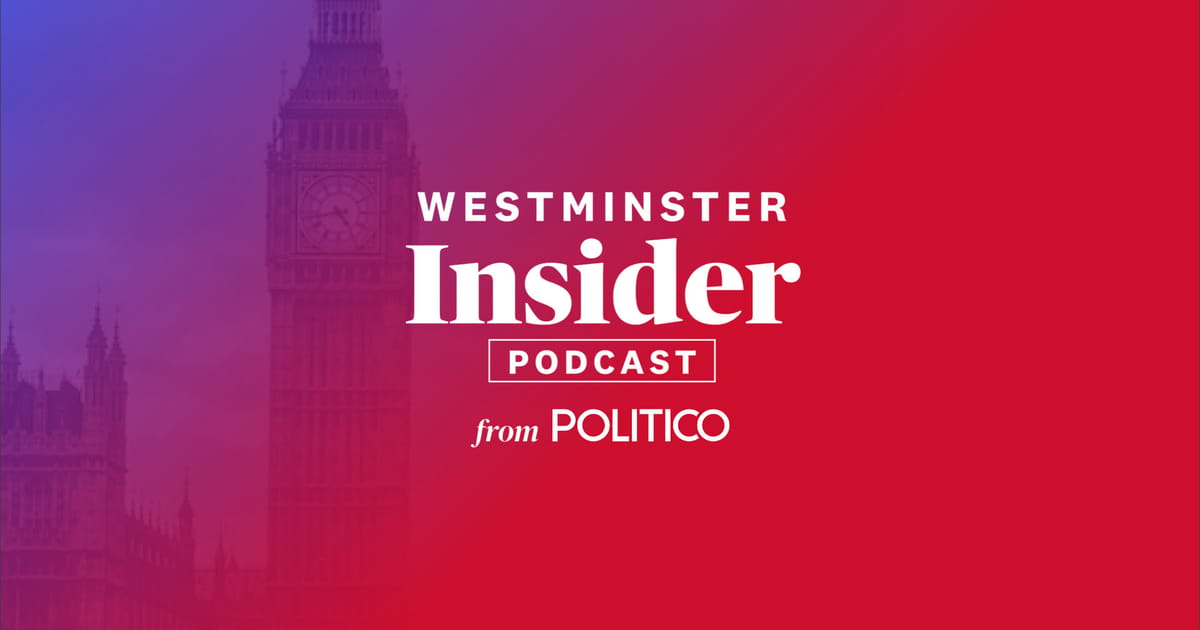

As Europe progresses through its political landscape, recent developments have highlighted key conversations and actions among various leaders and parties. In the United Kingdom, the Labour Party under Keir Starmer faces significant challenges with regard to a proposed welfare bill. Meanwhile, Germany’s SPD is navigating internal tensions amidst external political pressures. Austria forges alliances in its stance on migration. Let’s delve into these issues for a better understanding of the current political climate.
A major focal point in the UK is the welfare bill that has created ripples within the Labour Party. Amidst a backdrop of tense negotiations, Keir Starmer has introduced several U-turns in an attempt to balance differing opinions within his party. Particularly, the changes made to the welfare bill aim to avoid a fracture within Labour ranks, where over 120 members had voiced their intent to oppose the original proposal. The government, led by Starmer, conceded to exempt current disability benefit recipients and to adjust the health element of universal credit in alignment with inflation. These steps are part of a strategic move to garner majority support, aiming to prevent a potentially embarrassing Commons defeat. Despite these concessions, a significant faction within Labour remains poised to vote against the bill, emphasizing the importance of safeguarding the dignity and financial security of disabled individuals.
Simultaneously, Scotland is witnessing its own political movements within the Labour framework. The discontent among MPs, brewing for some time, has now found a voice. MPs express their concerns about welfare cuts, suggesting a deeper ideological rift within the party. While adjustments to welfare policies seek to placate moderate factions, the underlying grumblings might point towards more profound discussions needed within the party leadership.
In Germany, the SPD finds itself at a crossroads, experiencing internal challenges after a historical electoral downturn. As the party approaches a pivotal conference, members are keen to redefine their strategy under proposed leadership figures such as Lars Klingbeil and Bärbel Baas. However, debates surrounding the national minimum wage and foreign policy, specifically reactions to a contentious Russia Manifesto, highlight tensions that could impact the party’s cohesion and future trajectory.
In Austria, Chancellor Karl Nehammer positions his government as a staunch advocate for stringent immigration controls within Europe. He sees an ally in Friedrich Merz, leader of the German CDU, as Austria pushes for unified European stances on asylum policy. This alignment underscores a broader European shift towards fortifying borders and redefining migration policies in response to emergent challenges across the continent.
Politically, each of these entities exhibits unique challenges, prompting leaders to navigate carefully through these complex landscapes. Whether adjusting bills to maintain party unity, redefining leadership strategies to rejuvenate party spirit, or aligning with international counterparts to synchronize policy approaches, each situation requires astute and mindful leadership. Anchoring these efforts is a shared understanding of the need to resonate with the needs and voices of the people, ensuring that the heart of political strategies remains empathetic and pragmatic.
Overall, European politics today continues to be shaped by the intersection of policy-making, party dynamics, and international alliances, each contributing to the broader narrative of a continent working towards resilient and responsive governance. As these developments unfold, they offer valuable insights into the evolving state of political affairs across Europe.
Source: {link}
